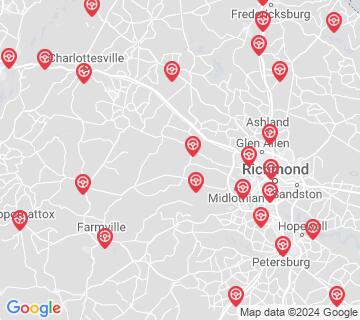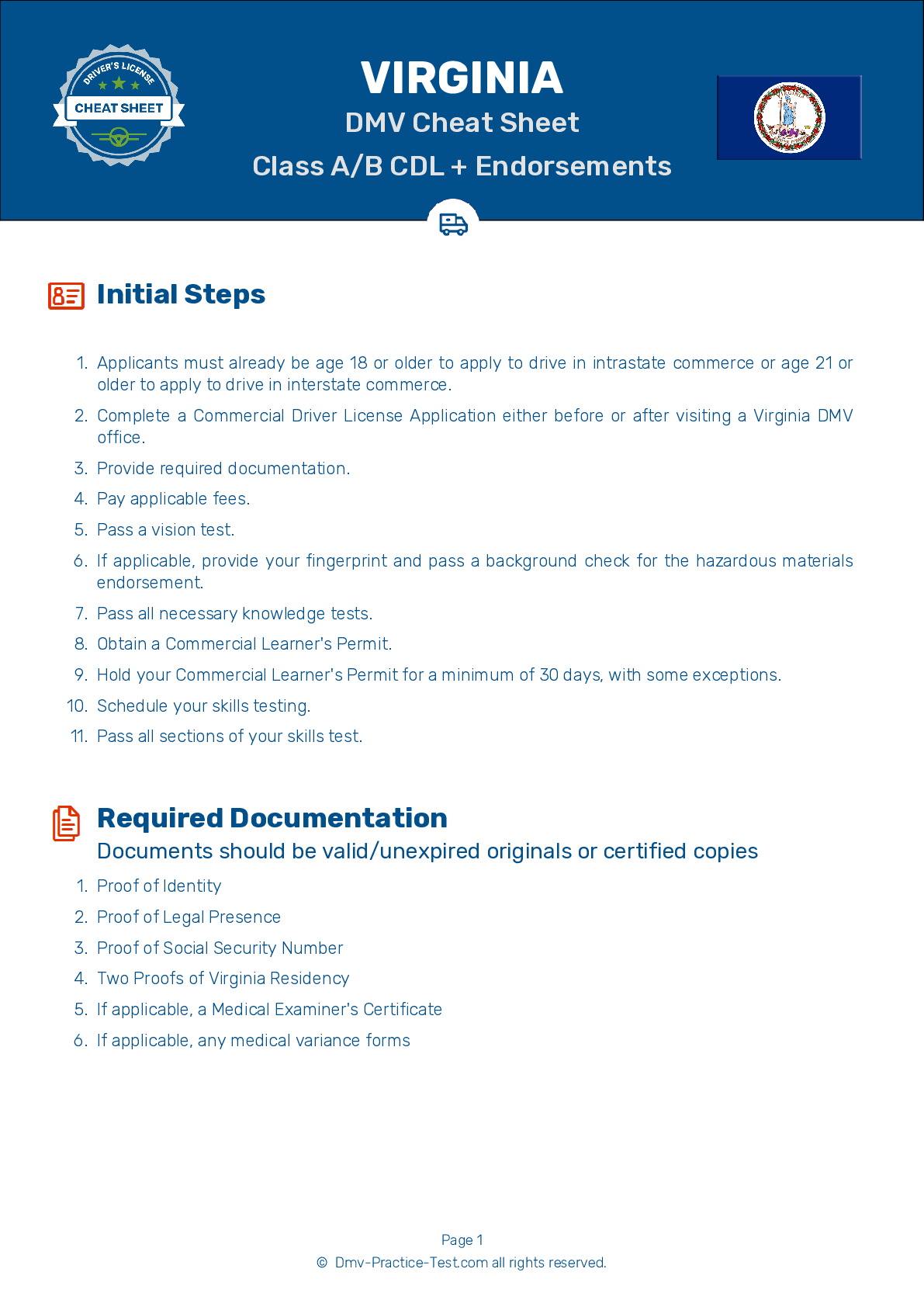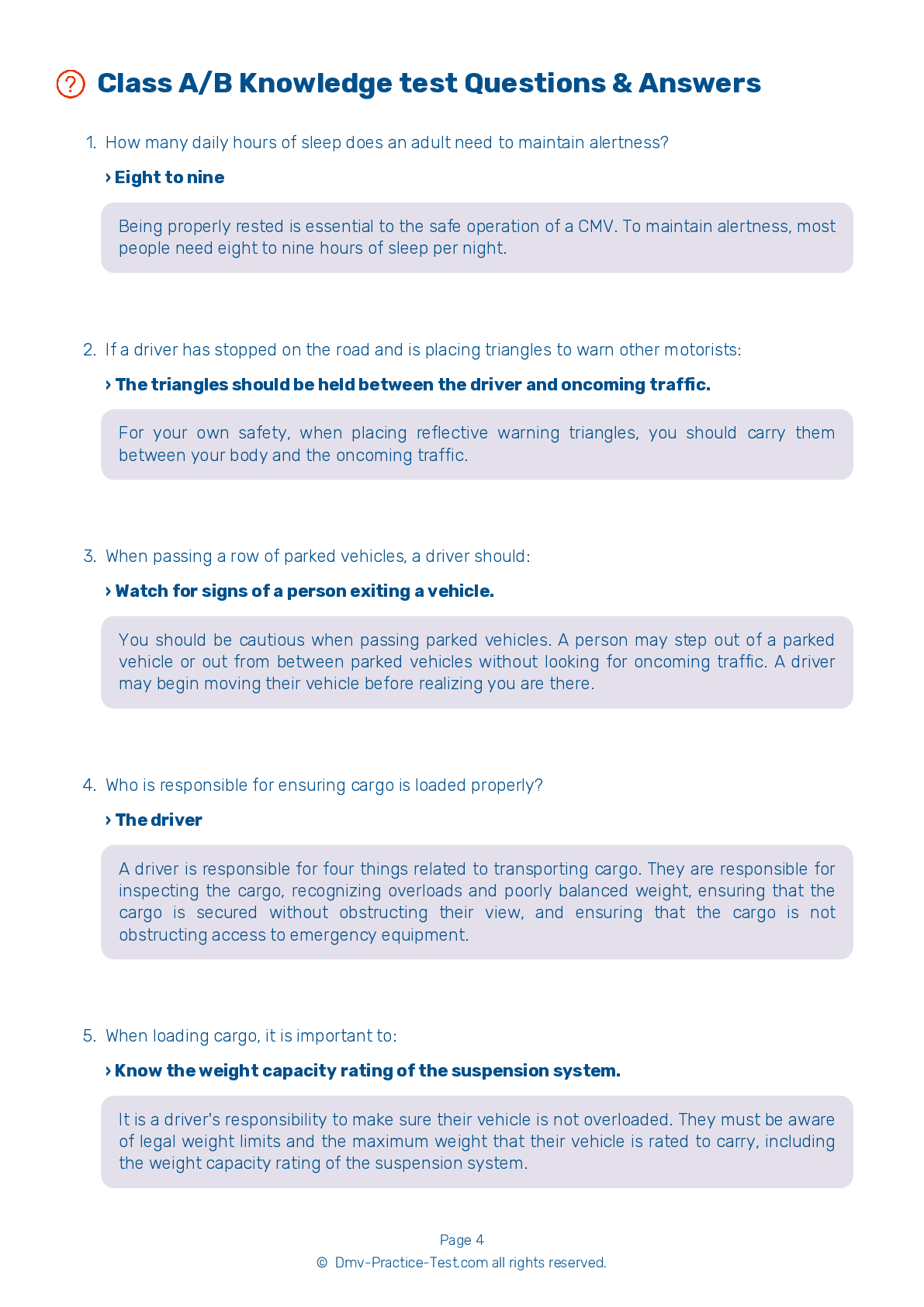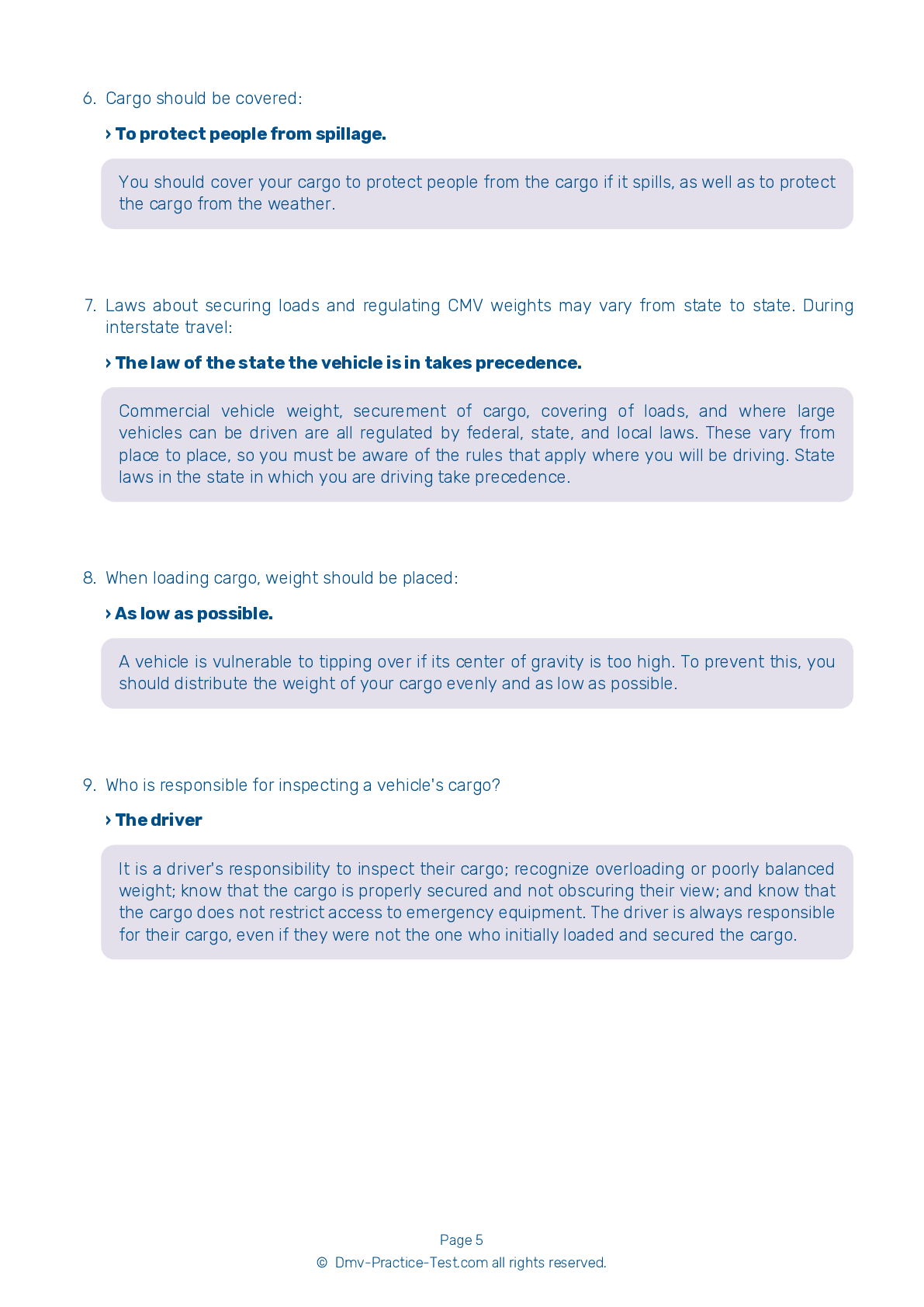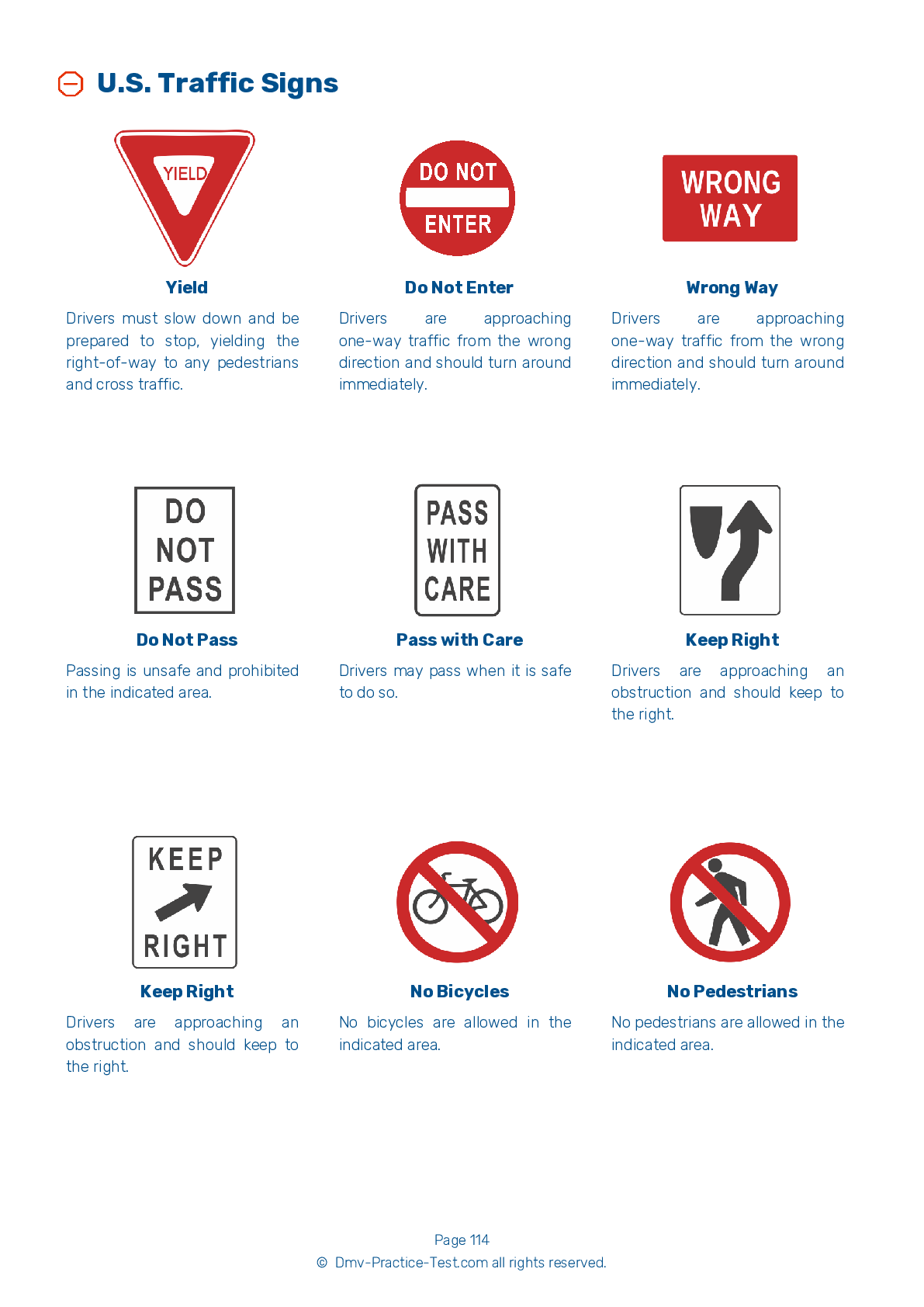Bus #1
Bus Driver Testing | Virginia 2026 #1
Train for FREE online with our VA bus CDL test. The official exam test consists of several obligatory parts, with all of them checking your knowledge of different blocks of road rules. If you need to obtain a license in Virginia in 2026, learn how to become a bus driver and then practice as much as possible. Free sample tests published on our website will help you check and improve your knowledge and boost your grades. Please bear in mind that DMV requirements for a bus driver may vary from state to state.
20
16
20
